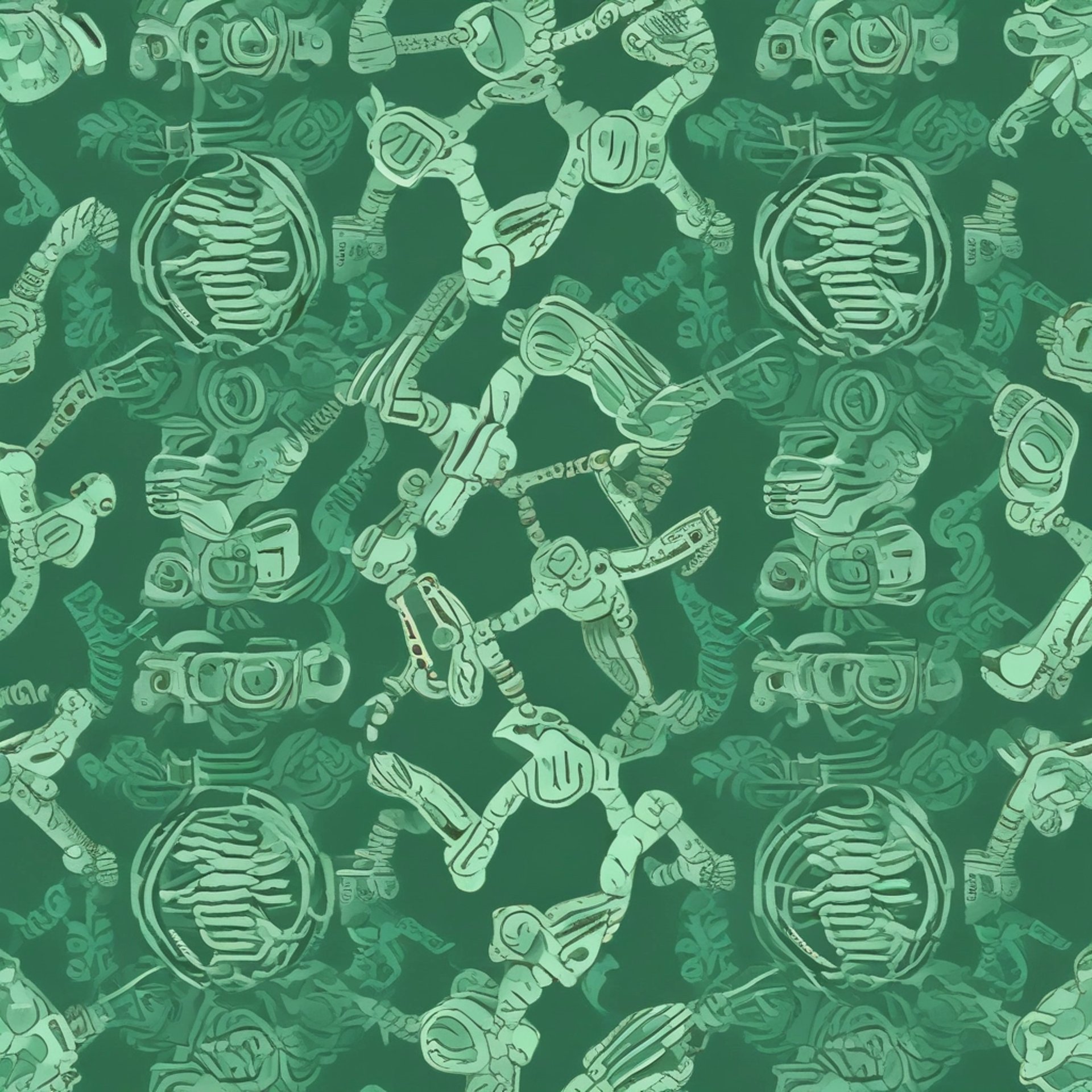
5 Essential Vitamins for Fitness Performance and Recovery
Vitamins might not get the same spotlight as protein powders or pre-workouts, but they’re absolutely essential for your body to function at its best—especially when you're pushing it hard in the gym.
7/10/20253 min read


Vitamins might not get the same spotlight as protein powders or pre-workouts, but they’re absolutely essential for your body to function at its best—especially when you're pushing it hard in the gym. These five vitamins play a direct role in energy production, muscle recovery, and overall performance. If you're serious about your fitness journey, it's time to make sure you're not overlooking these foundational nutrients.
Let’s break them down:
1) Vitamin D
What it is: A fat-soluble vitamin that acts more like a hormone in the body. It’s crucial for bone health, immune function, and muscle strength.
How it works: Vitamin D helps your body absorb calcium and supports testosterone production—both vital for muscle growth and recovery. It also plays a role in reducing inflammation and improving mood.
Why you need it: Most people are deficient, especially if you live in colder climates or spend a lot of time indoors. Low levels are linked to fatigue, poor recovery, and even increased injury risk.
How to get it:
Sunlight (15–30 minutes a day)
Fatty fish (salmon, mackerel)
Egg yolks
Fortified foods (milk, cereals)
Supplements (D3 is the most bioavailable form)
2) Vitamin B12
What it is: A water-soluble vitamin essential for red blood cell formation, neurological function, and energy metabolism.
How it works: B12 helps convert food into usable energy and supports oxygen transport in the blood—key for endurance and recovery.
Why you need it: Deficiency can lead to fatigue, weakness, and poor performance. Vegans and vegetarians are especially at risk since B12 is mostly found in animal products.
How to get it:
Meat and poultry
Fish (tuna, salmon)
Eggs and dairy
Fortified plant milks and cereals
B12 supplements or injections (especially for plant-based athletes)
3) Vitamin C
What it is: A powerful antioxidant that supports immune health, collagen production, and iron absorption.
How it works: Vitamin C helps repair tissues, reduce oxidative stress from intense training, and supports joint and skin health through collagen synthesis.
Why you need it: Training hard increases oxidative stress. Vitamin C helps your body recover faster and stay resilient.
How to get it:
Citrus fruits (oranges, grapefruits)
Bell peppers
Strawberries
Broccoli and Brussels sprouts
Supplements (especially during cold/flu season or high training volume)
4) Vitamin E
What it is: A fat-soluble antioxidant that protects cells from damage and supports immune function.
How it works: Vitamin E helps reduce muscle damage and soreness by neutralizing free radicals produced during intense workouts.
Why you need it: It supports recovery and may reduce delayed onset muscle soreness (DOMS), helping you bounce back faster between sessions.
How to get it:
Nuts and seeds (almonds, sunflower seeds)
Spinach and kale
Avocados
Plant oils (sunflower, safflower)
Supplements (if your diet lacks healthy fats)
5) Vitamin B6
What it is: A water-soluble vitamin involved in over 100 enzyme reactions, mostly related to protein metabolism.
How it works: B6 helps your body use amino acids effectively, supports neurotransmitter function, and aids in energy production.
Why you need it: If you’re increasing protein intake or training hard, B6 ensures your body can actually use that protein to build and repair muscle.
How to get it:
Chicken breast
Bananas
Sweet potatoes
Chickpeas
Fortified cereals and supplements
Final Thoughts
Vitamins aren’t just for general health—they’re performance enhancers when used right. These five are foundational for anyone serious about training, recovery, and long-term progress. You don’t need to megadose, but you do need to make sure you’re getting enough—through food first, and supplements when necessary.
Remember: No vitamin can replace hard work, sleep, and proper nutrition. But they can help you train harder, recover faster, and feel better doing it.
Sources:
1. Vitamin D
Resource:
Title: Performance Improvement in Sport Through Vitamin D – A Narrative Review
Summary: This review explores how vitamin D deficiency is common among athletes and how supplementation may improve strength, recovery, and aerobic capacity.
Link: European Review for Medical and Pharmacological Sciences (2022)
2. Vitamin B12
Resource:
Title: Vitamin B12 and Exercise: Current Knowledge and Future Directions
Summary: This article discusses how B12 supports energy metabolism and red blood cell production, both critical for endurance and recovery.
Link: Journal of the International Society of Sports Nutrition (2017)
3. Vitamin C
Resource:
Title: Vitamin C and Exercise: Oxidative Stress and Muscle Damage
Summary: This study reviews how vitamin C helps reduce oxidative stress and muscle soreness post-exercise, supporting faster recovery.
Link: International Journal of Sports Medicine (2006)
4. Vitamin E
Resource:
Title: Vitamin E Supplementation and Physical Exercise: Current Evidence
Summary: This paper examines the antioxidant role of vitamin E in reducing exercise-induced oxidative damage and supporting muscle recovery.
Link: Free Radical Biology and Medicine (2000)
5. Vitamin B6
Resource:
Title: Vitamin B6 and Physical Performance: A Review
Summary: This review highlights B6’s role in protein metabolism and neurotransmitter function, both essential for muscle growth and mental focus during training.
Link: Nutrients Journal (2019)
